Healing from narcissistic abuse and healing from a narcissistic relationship is sometimes easier said than done, but most definitely necessary. Recovering from a narcissist relationship and healing from a narcissist’s abuse is one step further to living the life you deserve.
Have you ever fallen head over heels for a person and realized only when it was too late that you are in a relationship with a narcissist? And now you are on the journey towards healing from an abusive relationship.
Many of us have been there.
You met the person of your dreams – charming, intelligent, romantic, attentive, incredible chemistry, and a great lover.
You might have been told how wonderful you are, how this was the first time your lover had ever felt this way, and had this level of connection, and you felt truly seen for the first time.
Perhaps there was a nagging unease that all this was happening too fast – that he or she couldn’t possibly feel this way about you without knowing you better. But you were swept off your feet and finally decided to open your heart.
The confusion may have started then, as your lover pulled away and become critical. Or, it might have started after you married, and you found yourself with a partner totally different than the person you fell in love with.
Whether your relationship was two months or two years or two decades, it was likely tumultuous, confusing, and painful. And if you were married and then divorced, it might have been more painful or even frightening.
There is much healing for you to do if you were in love with a narcissist.
Related: Why It’s So Hard To Forgive Yourself And Trust Again After A Toxic Relationship
3 Steps For Healing From A Relationship With A Narcissist
1) First you need to be very compassionate with yourself and let yourself grieve for the huge loss of what you had hoped for.
It might seem easier to judge yourself for the big mistakes you believe you made, but self-judgment will keep you stuck. There is no possibility of healing when you judge yourself.
Each time the grief comes up, embrace it with kindness and caring toward yourself. Even though you know it’s better to have ended this relationship, it’s hard to let go of the intensity of a relationship with a narcissist.
It’s hard to imagine a future relationship that isn’t boring compared to the intensity you’ve been experiencing.
Compassion is the key to healing from an abusive relationship.
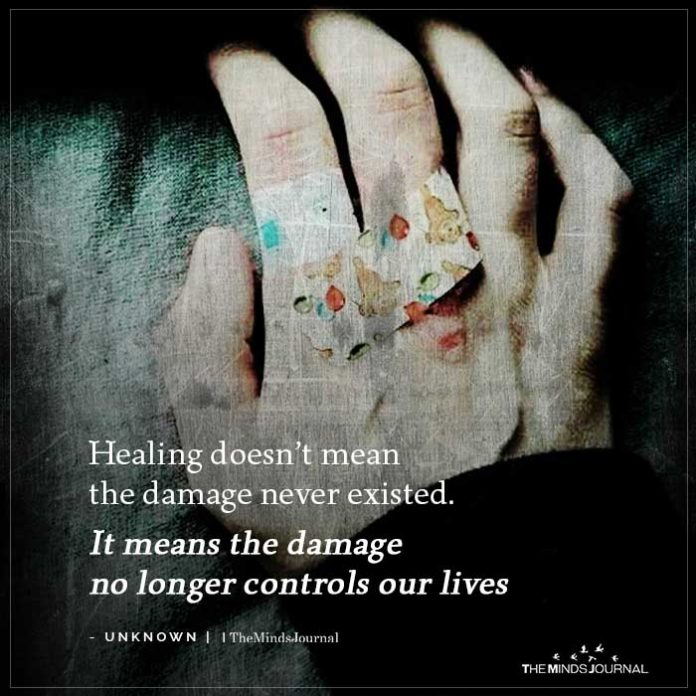
2) Once some of the grief has subsided, then it’s time to go inward and explore why you were vulnerable to this person.
Was your partner giving you what you were not giving to yourself? Was your partner seeing you and valuing you in the way you need to be seeing and valuing yourself? Did you ignore some red flags because you so wanted it all to be true?
Did you make excuses for your partner to avoid facing the truth? Did you give yourself up to try to have control over getting your partner to be loving to you again?
What did you sacrifice to keep the relationship – your integrity, your financial security, your time with family and/or friends, your time for yourself, your inner knowing?
It’s vitally important to be honest with yourself so that you don’t end up feeling like a victim, and so that you have less of a chance of repeating this in a future relationship.
During this time of self-reflection, it’s very important to get support. You might want to join a 12-Step CODA group, go into therapy/facilitation, and/or join a support group. It will help in quick healing from an abusive relationship with a narcissist.
3) Educate yourself about narcissism.
There are numerous books, websites, and articles devoted to understanding narcissism. Since I’m certain that you don’t want to repeat this, you need to do all you can to learn about what happened.
You need to become sensitive to the numerous red flags so that you can pick them up very early in a subsequent relationship.
One of my clients shared that she had met a man six years ago, dated him a few times, and then they remained distant friends. Recently, when she was in his town, they saw each other and she was very attracted to him.
He came on strong, inviting her to join him on an upcoming European vacation. She felt uneasy, but a day later texted him to see if he wanted to have dinner with her.
Related: To Every Girl Who Has Ever Lost Herself To A Toxic Man
He never responded to the invitation. It took her only 24 hours to recognize these two red flags of narcissism – coming on strong and then disappearing.
She was pleased that she found this out so soon! Instead of beating herself up for being attracted to another narcissist, she congratulated herself for staying open to the truth.
Since narcissists are often very attractive, any of us can become attracted. But whether or not we will pursue it depends on how much Inner Bonding work we have done.
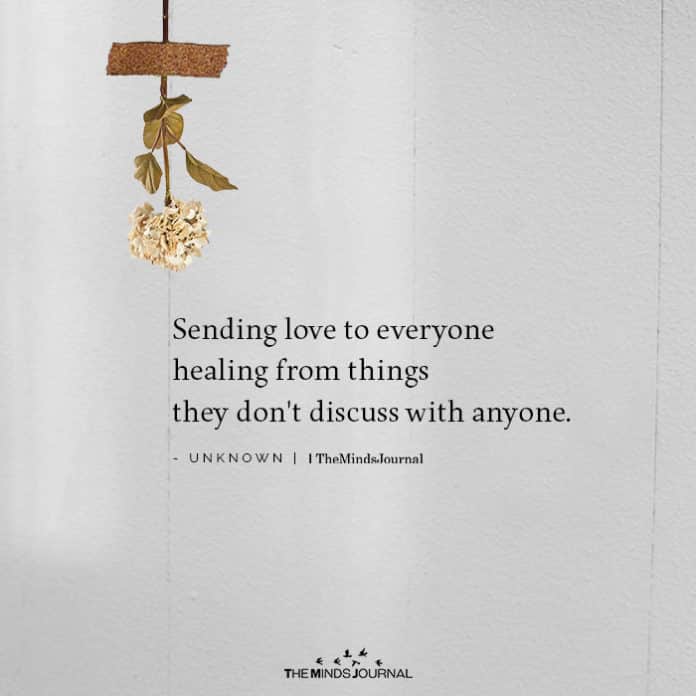
For information or to schedule a phone or Skype session: 310-459-1700 • 888-646-6372 (888-6INNERBOND) http://www.innerbonding.com
Written by Margaret Paul, PhD
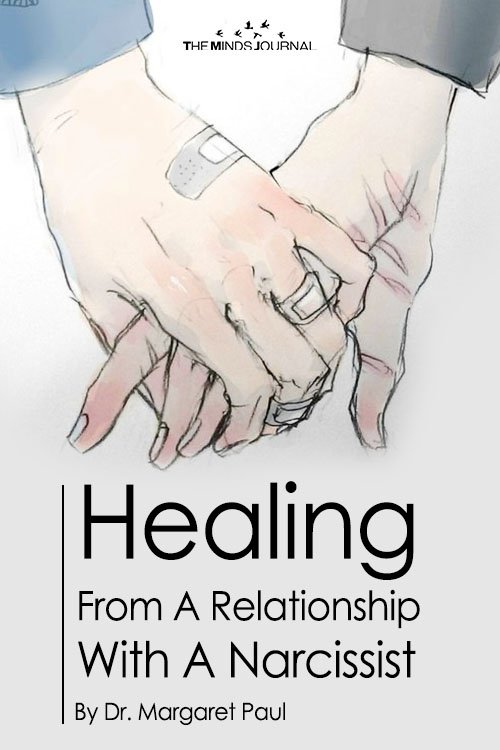

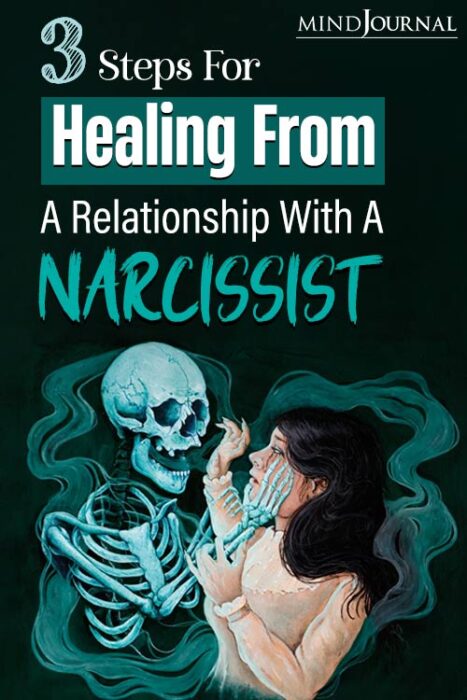
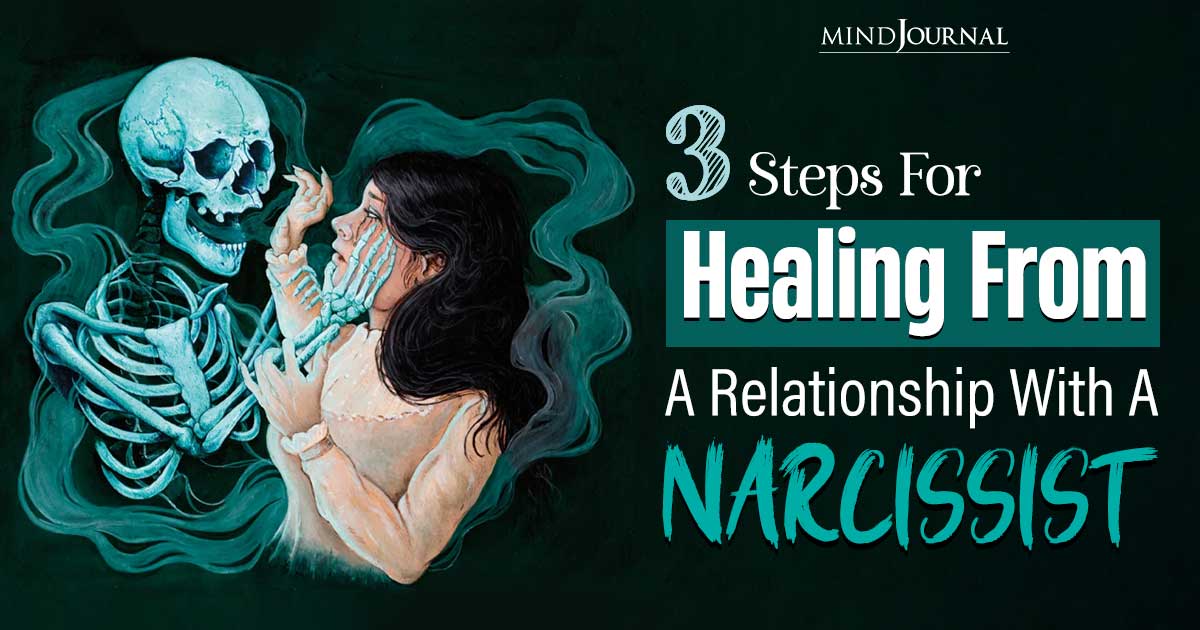
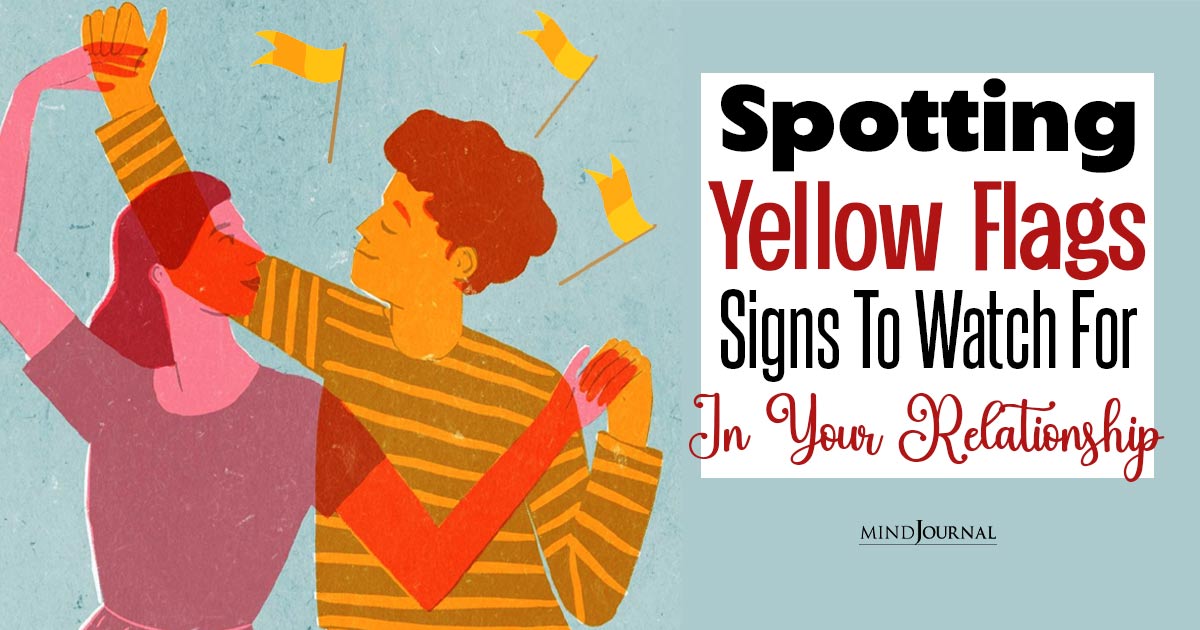
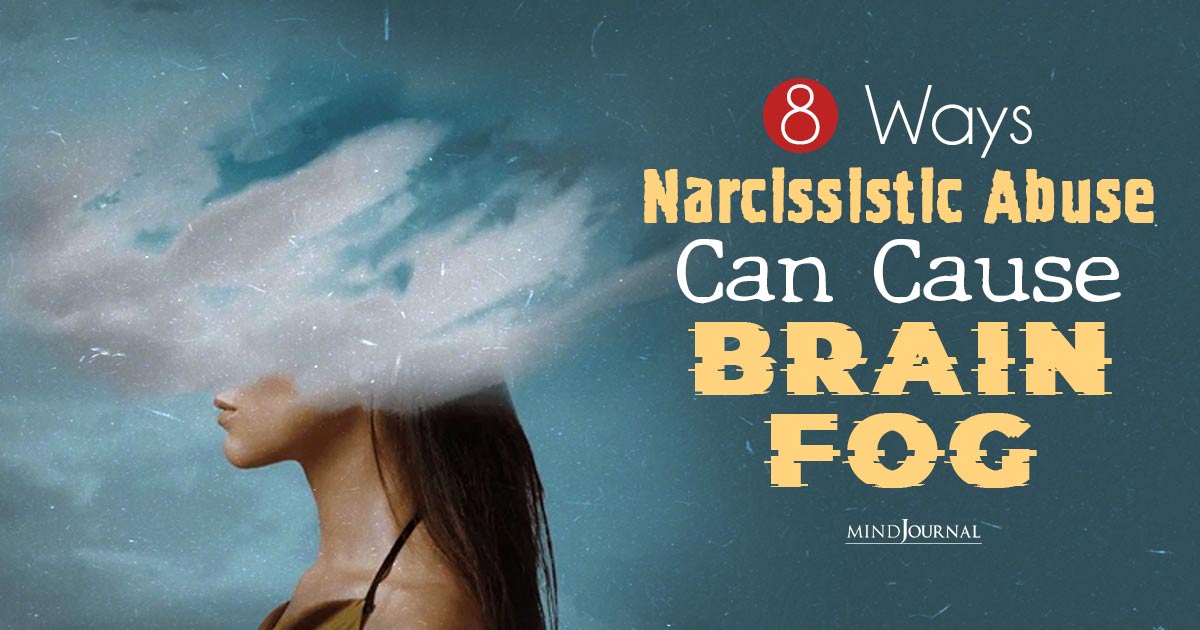
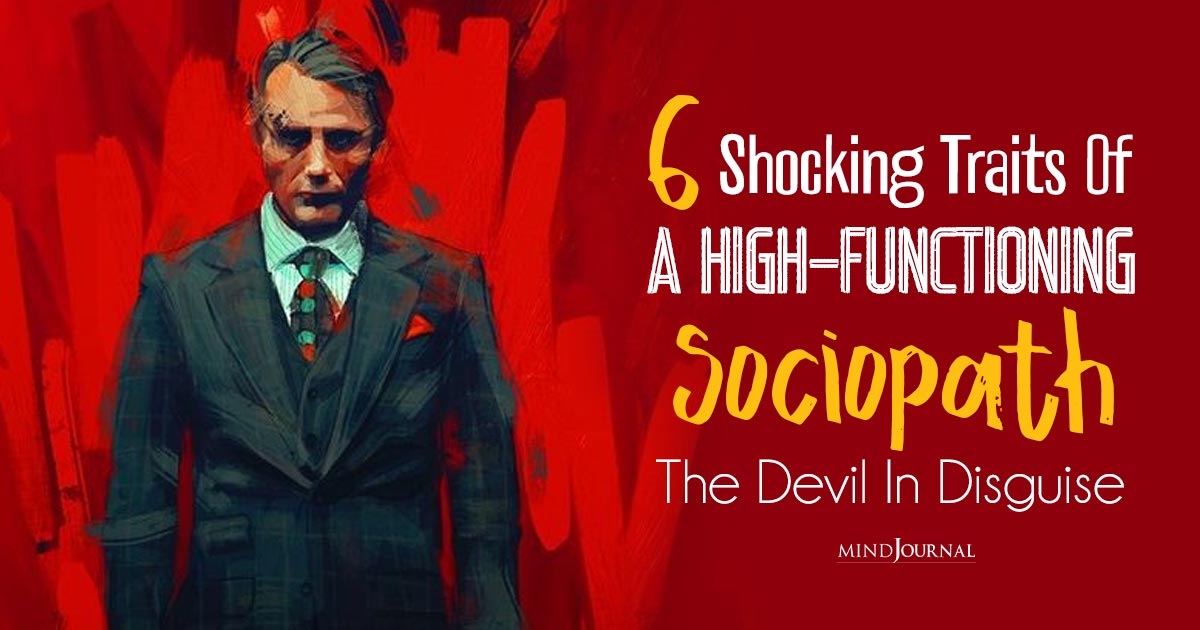
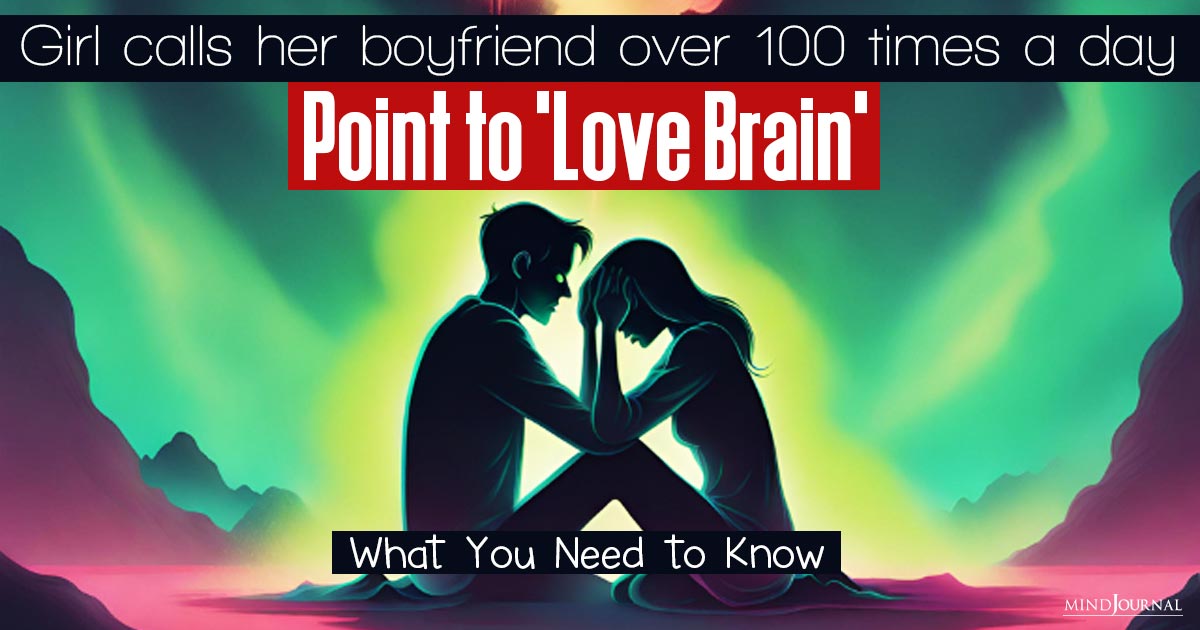

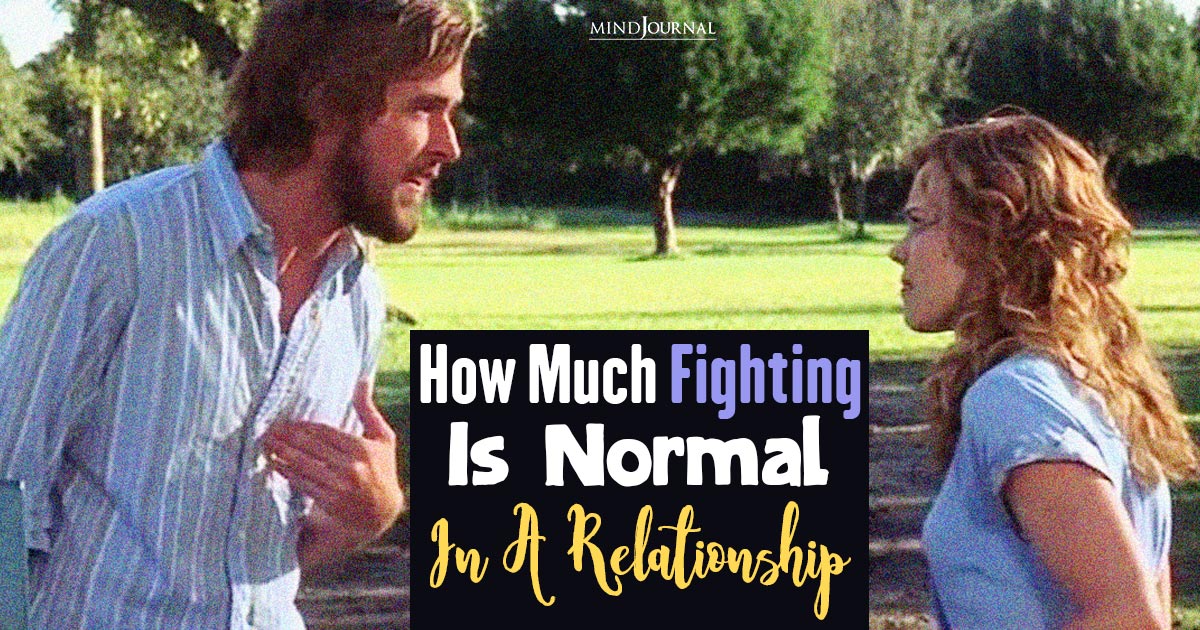
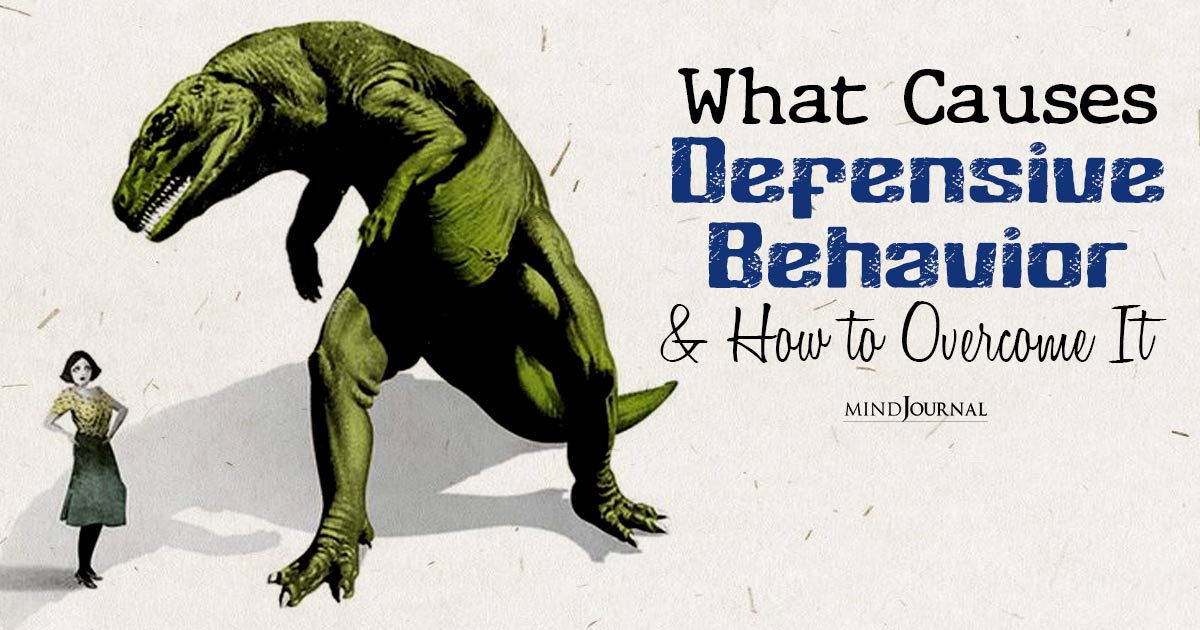
Leave a Reply
You must be logged in to post a comment.